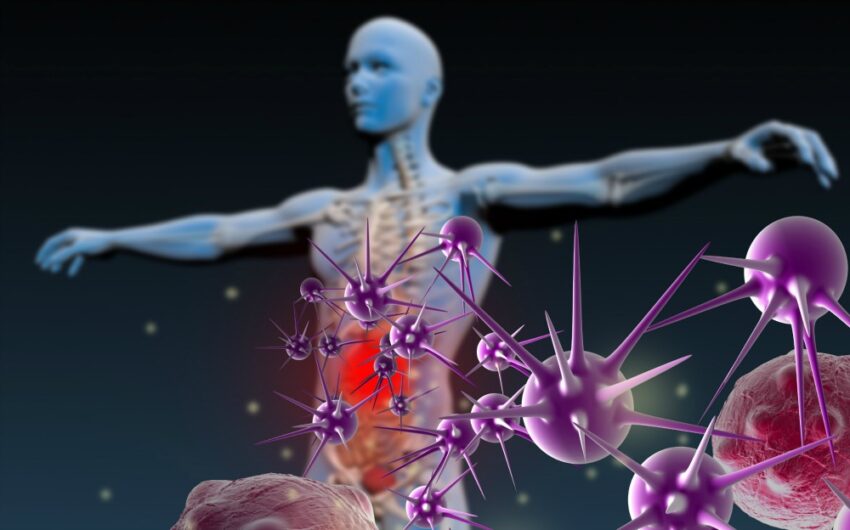Researchers led by Prof. Dr. Ricardo Grieshaber-Bouyer at the Department of Medicine 3—Rheumatology and Immunology and Deutsches Zentrum Immunmedizin (DZI) at Universitätsklinikum Erlangen have made a significant discovery in the field of inflammation research. They have identified a key inflammation program that is activated in neutrophils, the most common immune cells in the body. Neutrophils play a crucial role in the body’s immune response to infections, but they are also involved in various inflammatory processes and autoimmune diseases.
Published in the journal Nature Communications, the research offers new insights into the diagnosis and treatment of inflammation. The team of researchers developed a method to analyze the gene expression of cells in humans and other species. They found that the gene codes of immune cells in humans and animals are remarkably similar when they are at rest.
Using this information as a basis, the researchers examined how activated neutrophils differ from resting cells in different types of inflammation. Surprisingly, they discovered that there is a central inflammation program comprising certain genes that is observed in a wide range of inflammatory conditions, regardless of the tissue or disease.
This finding has significant implications for advancing our understanding of human health and bridging the gap between experimental and clinical research. The identified inflammation program can serve as an indicator of neutrophil activation and can potentially be used to assess the severity of diseases such as COVID-19 in patients.
Furthermore, the researchers found that the DNA sections containing the inflammation program open up during the development and migration of neutrophils to the affected tissues. This suggests that neutrophils are well-prepared to activate and express the genes of the inflammation program when they encounter inflammatory stimuli.
These findings highlight the importance of measuring inflammation in the body and offer new avenues for tackling infections and chronic inflammation. By targeting the central inflammation program, researchers may be able to develop novel diagnostic tools and therapeutic strategies for a wide range of inflammatory diseases.
Prof. Dr. Ricardo Grieshaber-Bouyer, discussing the implications of their research, stated, “The inflammation program we have identified can be seen as a gauge for the activation of neutrophils, and in the case of patients suffering from a COVID-19 infection, for example, it was associated with the severity of the disease.”
This breakthrough discovery not only provides valuable insights into the complex nature of inflammation but also lays the foundation for further research in the field. With continued studies, researchers may be able to unlock new possibilities for treating inflammatory diseases and improving patient outcomes.
*Note:
1. Source: Coherent Market Insights, Public sources, Desk research
2. We have leveraged AI tools to mine information and compile it

